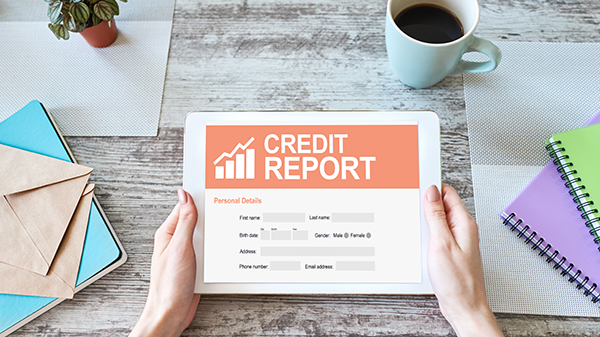How to get free credit reports
Checking your credit history regularly helps catch scams and identity theft early.


Credit reports play an important role in your financial life. They may affect your mortgage rates, credit card approvals, and even apartment and job applications. They also impact interest rates on current and future loans.
We encourage you to regularly check your credit history, at least annually or as often as weekly if you are in the process of repairing or updating your reports. This helps you catch scams and identity theft early. Even people with good credit should check their credit reports. Regular checks ensure that the information stays accurate, and your credit is ready when you need it.
How to get free credit reports
You can get free weekly online credit reports on annualcreditreport.com from the three nationwide credit reporting companies: Equifax, Experian, and TransUnion. This is the only official site explicitly directed by Federal law to provide free credit reports.
Don’t be fooled by look-alikes. Lots of sites promise credit reports for free. For example, freecreditreport.com offers free weekly credit reports and FICO scores from Experian. This is a private industry site and is not affiliated with the Federal Trade Commission (FTC). Also, be suspicious of websites that advertise “free” credit reports but charge for another product if you order the report.
Keeping your credit safe
Review your credit reports carefully. Look for accounts and transactions you do not recognize, suspicious charges, or any addresses where you have never lived. If there’s something in the report you don’t already know about, it may be that someone has opened an account in your name without your authorization. If there is false information or errors on your credit report, contact the credit reporting company to have them corrected.
Identity thieves also steal the personal information of minors. Parents and those entrusted with a Power of Attorney should request and review credit reports annually for all vulnerable individuals in their care.
If you are not actively opening new credit, consider a credit freeze. This prevents you or others from opening accounts in your name. You can easily freeze and unfreeze your credit record for free with the three credit reporting companies. It’s important to remember all information used to freeze your credit. You will need this again to unfreeze your accounts.
Medical debt
Since July 2022, the three major credit reporting companies agreed to not include paid medical debt on credit reports. Since March 2023, these companies also agreed to stop reporting medical debts under $500, even if the debt is unpaid and in collection. In California, starting July 1, 2025, all medical debt must be eliminated from credit reports (SB 1061).
Identity theft
If you suspect that you have been a victim of identity theft, immediately report it to the FTC. You can create an identity theft report on IdentityTheft.gov or contact the Identity Theft Hotline at 877-ID-THEFT (877-438-4338).
The FTC also recommends following these additional steps:
- If you suspect that someone is using your Social Security number or you have lost your Social Security card, contact the Social Security Administration or call the Social Security Fraud Hotline at 800-269-0271.
- Place fraud alerts with the three credit reporting companies.
- If the situation involves a loss of funds held in a bank or credit union, report it to the financial institution.
- File an identity theft report with the California Office of the Attorney General.